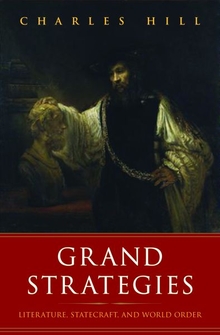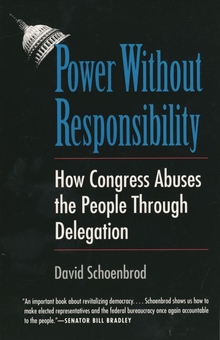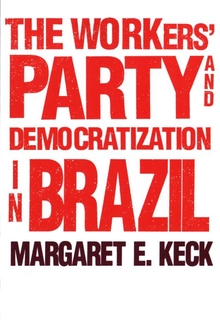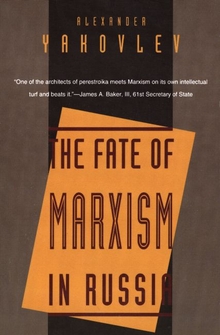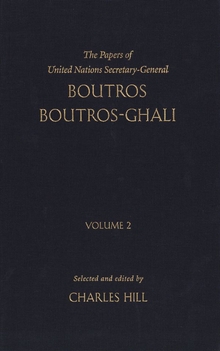Grand Strategies
WARNING
You are viewing an older version of the Yalebooks website. Please visit out new website with more updated information and a better user experience: https://www.yalebooks.com
Literature, Statecraft, and World Order
Charles Hill
Out of Print
From “the man on whom nothing was lost,” a unique guide to the elements of statecraft, presented through spirited interpretations of classic literary works
“The international world of states and their modern system is a literary realm,” writes Charles Hill in this powerful work on the practice of international relations. “It is where the greatest issues of the human condition are played out.”
A distinguished lifelong diplomat and educator, Hill aims to revive the ancient tradition of statecraft as practiced by humane and broadly educated men and women. Through lucid and compelling discussions of classic literary works from Homer to Rushdie, Grand Strategies represents a merger of literature and international relations, inspired by the conviction that “a grand strategist . . . needs to be immersed in classic texts from Sun Tzu to Thucydides to George Kennan, to gain real-world experience through internships in the realms of statecraft, and to bring this learning and experience to bear on contemporary issues.”
This fascinating and engaging introduction to the basic concepts of the international order not only defines what it is to build a civil society through diplomacy, justice, and lawful governance but also describes how these ideas emerge from and reflect human nature.
“Grand Strategies concerns statesmanship and strategy: the uses of power, the fate of alliances, war and peace. It also, happily, provides a tour through the Great Books, giving special attention to nation-states and their vexed relations.”--William Anthony Hay, Wall Street Journal
"Charles Hill's Grand Strategies is a gem that combines long and valuable practical experience with the wisdom that comes from a broad and deep knowledge of history, literature and philosophy to produce a wisdom badly needed by statesmen and diplomats."—Donald Kagan, Yale University
“A triumph of intellectual unification. Ranging globally through history and literature, Hill brilliantly demonstrates how certain key issues have driven grand strategy and statecraft from ancient to post-modern times.”—Arthur Waldron, author of The Great Wall of China: From History to Myth
“Charles Hill's clear-headed and erudite exploration of the world's literary heritage on the subject of statecraft and the state system opens wide vistas for understanding the past and future of international affairs. This is a convincing and much-needed statement of the essential importance of the humanities in preparing the leaders of the future.”—Norman M. Naimark, Stanford University
"Charles Hill's Grand Strategies transcends the tired categories of realism and idealism in the study of politics. Drawing from such as Aristotle and Homer, he spans centuries and circles the globe, always gazing from the standpoint of greatness. A sage and powerful book."—Harvey Mansfield, Harvard University
“Hill. . . distills truly arresting insights from texts. . . . His purpose is to address the largest themes of history through the literature that both reflects and has contributed to the understanding of humanity’s ultimate political circumstances.”--Edward N. Luttwak, American Interest
Publication Date: June 22, 2010
5 b/w illus.

